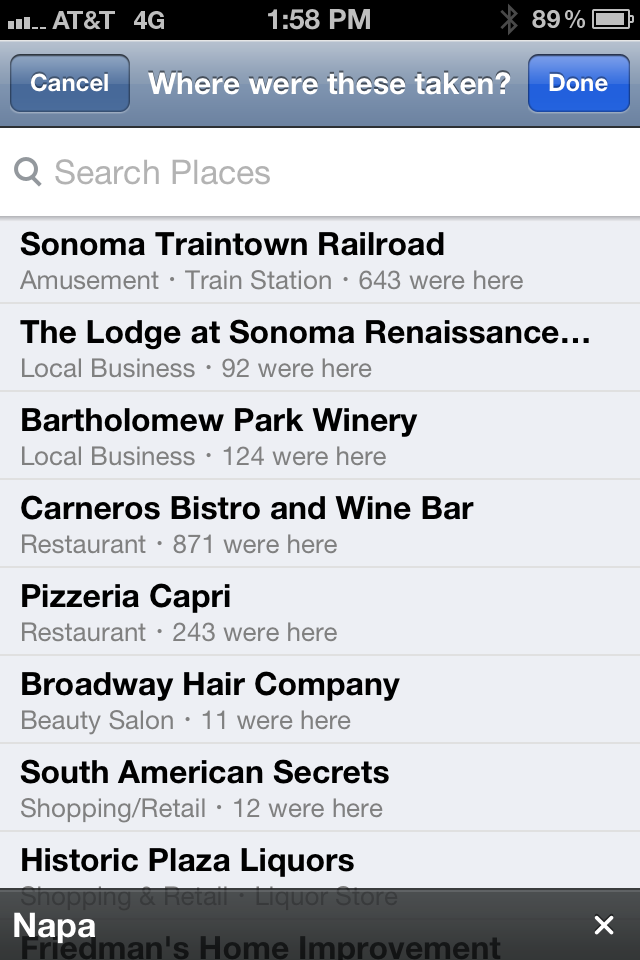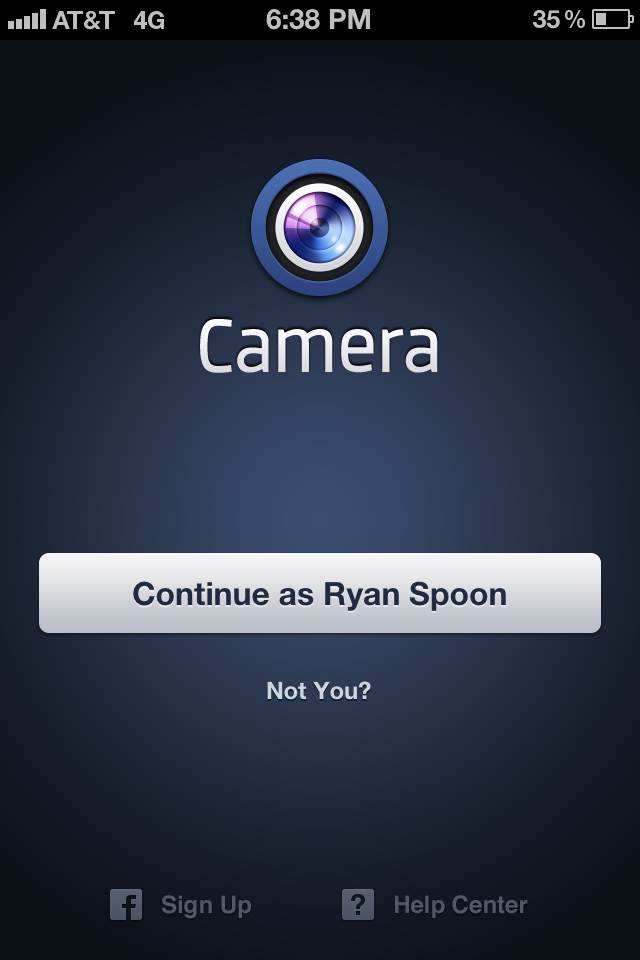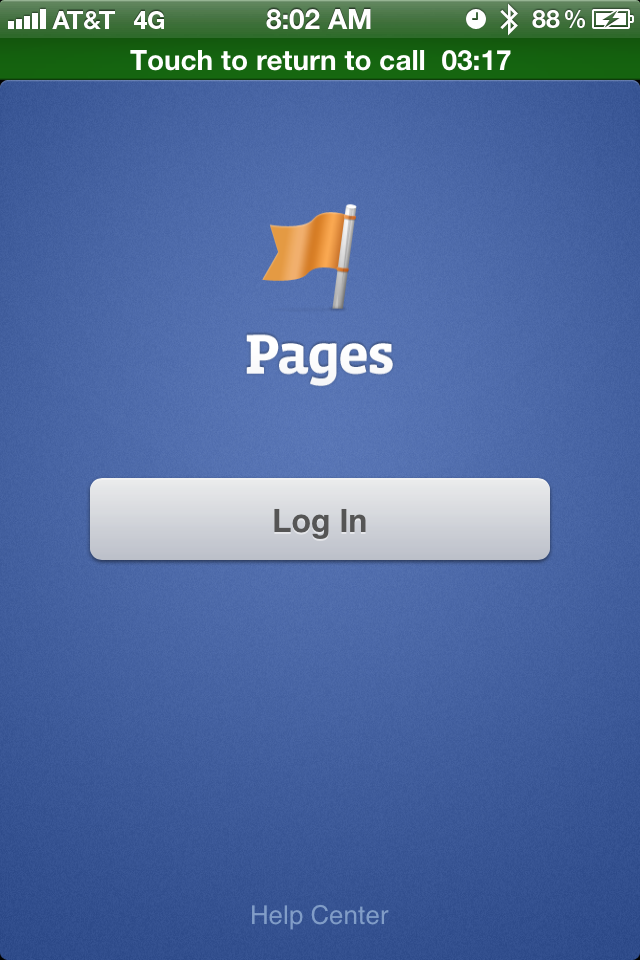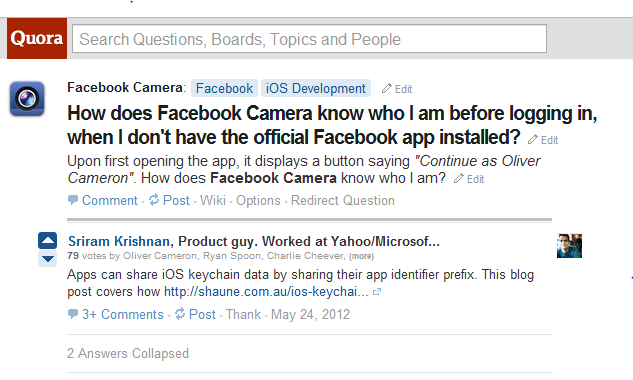Browsing the headlines is a pretty powerful and interesting way to digest Google I/O as they are driven by big, important numbers: - Google Drive : 10m users and coming to iOS / Chrome OS (TechCrunch)
- Gmail: 425m users (TechCrunch)
- Google Apps: 5m businesses and 66 of top 100 universities (TechCrunch)
- Google Chrome: 310m *active* users (TechCrunch)
- Google+: 250m users and 75m daily users (with the integration into search and mail, I still would love to understand what constitutes a true user / true usage). (TechCrunch)
- Google Play: 600k Apps, 1.5B installs/month (TechCrunch)
- Android: 400m activated devices, 1m more each day (TechCrunch)
- Google Nexus 7: $199. A price that makes them able to compete in the tablet market - as cool as Microsoft's new device is, it is rumored to be *more* expensive than the iPad. That won't work.
- Google Glasses: $1,500! Really?



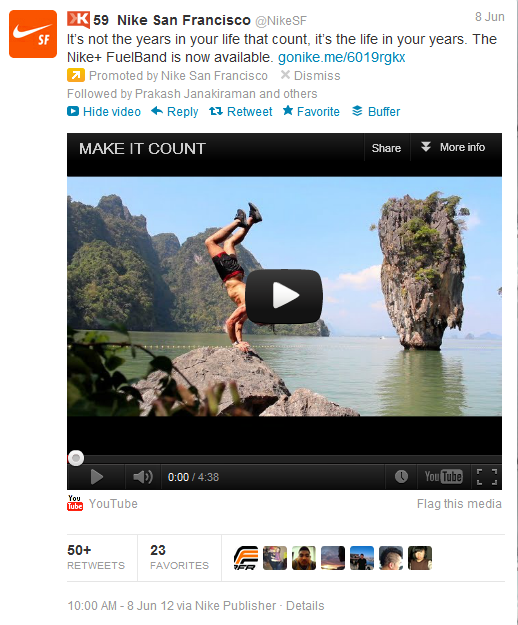

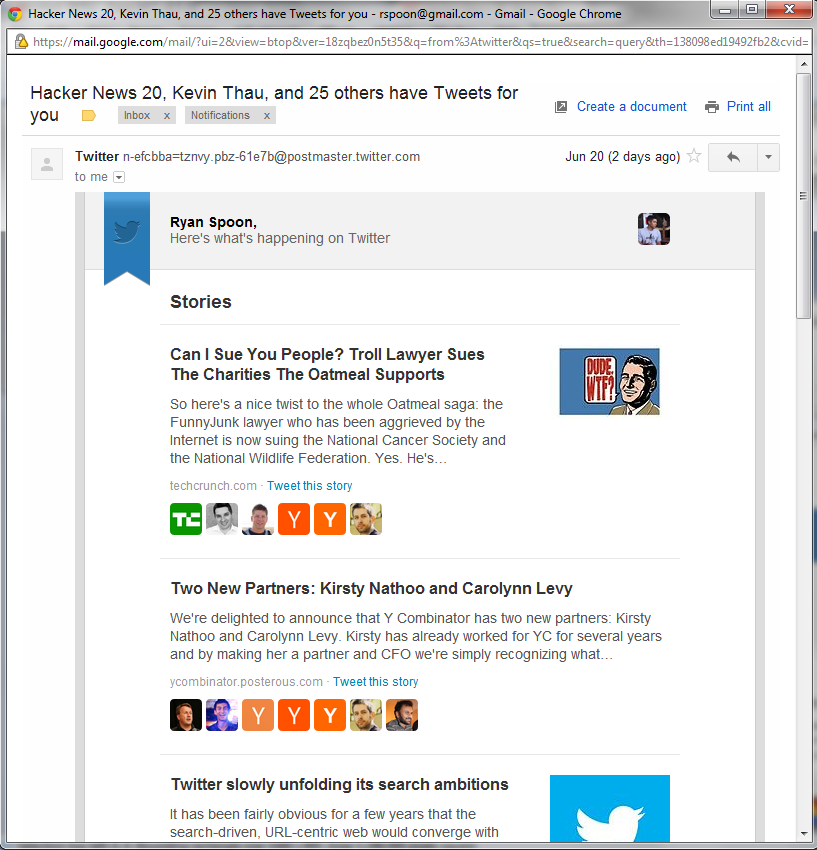
 I saw this sponsored post atop my Facebook feed the other day:
- 64 Facebook friends like Game of Thrones
- 1 of those is Mark Zuckerberg
- I had not yet liked Game of Thrones, despite thinking its the single best show on television
I saw this sponsored post atop my Facebook feed the other day:
- 64 Facebook friends like Game of Thrones
- 1 of those is Mark Zuckerberg
- I had not yet liked Game of Thrones, despite thinking its the single best show on television





